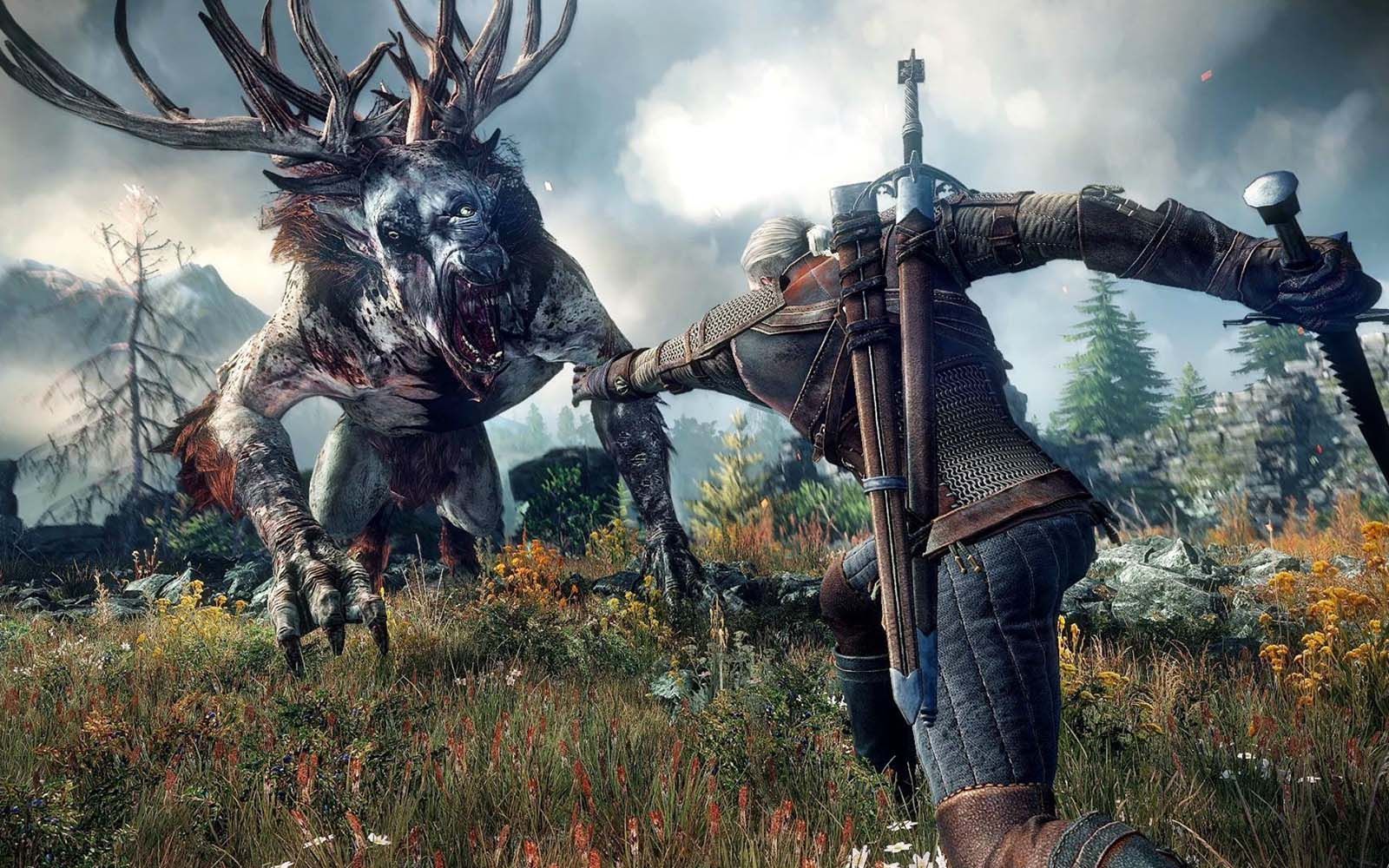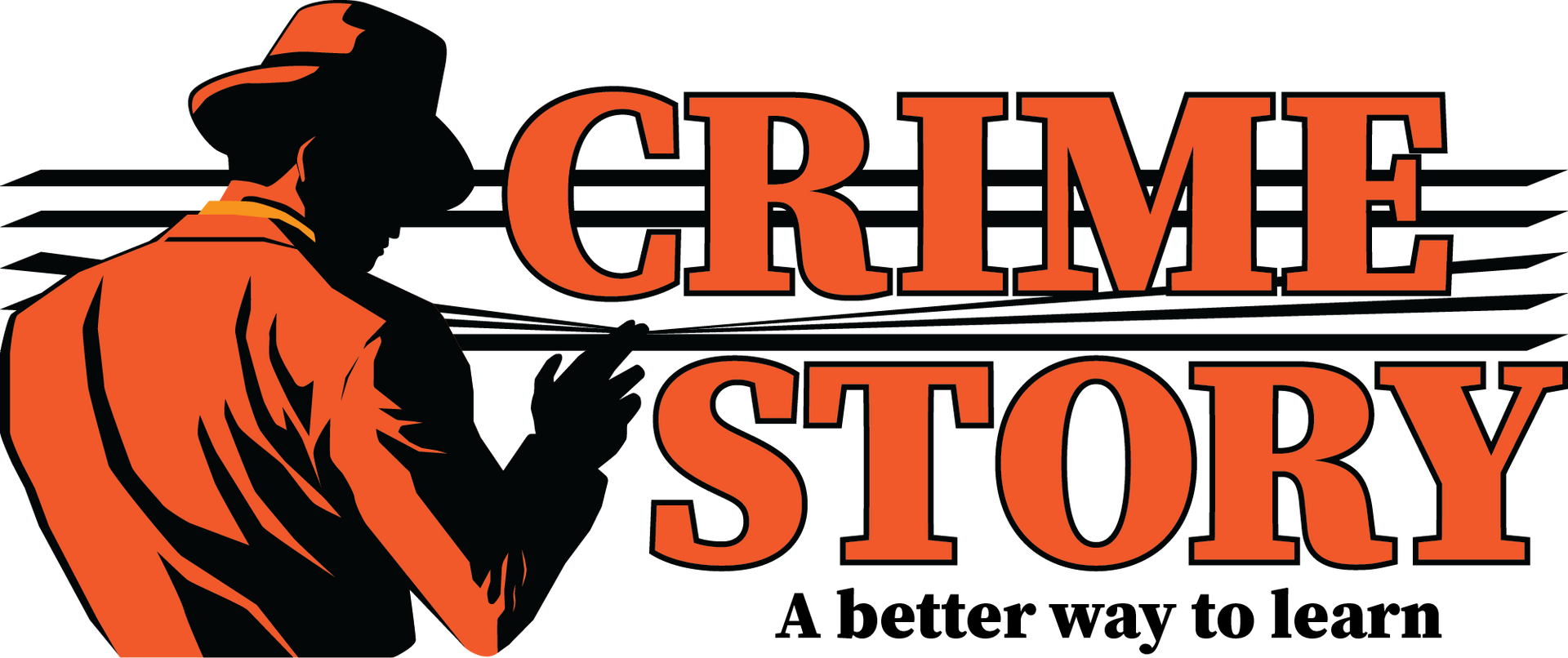Have a Question?
People buy stories, not code
Grand Theft Auto? Red Dead Redemption? Wild Witcher or classic Final Fantasy? We are not doing boring old creative writing, nor are we working on our scripts, radio treatments, or monologues. Today we are doing video games. To every platform and gaming PC lookout… Ryzen and GeForce you better handle what’s coming your way. Create a Youtube channel cos here we come.
That is how to start an English lesson for Year 7-10. No matter your preference, there is a game for you. ‘Just like books’ I hear you say. Correct, but the difference is, well, difference. For too long now the disengaged, disenfranchised, disinterested have been subjected to a system that tells them “There are plenty of books that you will like, you just have to find them” whilst the gifted readers carry on without challenge. So, let’s flip it around. The gamers have first choice, and we must adapt. The gamers have the power. The gamers and non-traditional creators have agency.
When my gamers; both male and female (ignore the girls at your peril) are challenged with traditional writing they are unaware of the complexities of the games they play. You are part of a ‘narrative’ and a ‘character arc’ with so many options. Tom Clancy is an author. ‘Rainbow Six’ and ‘Ghost Recon’ are novels. The student is an author, just with a little less precision. Their ideas just are as valid, perhaps more original and infinitely more exciting because they have a previously unheralded character – “[ insert name here ]”.

So don’t get hung up on ‘coding’. Sure, there are great uses for these skills, but code needs a narrative otherwise it sits in binary oblivion. Plots, characters, missions, tension, repercussions, motives…something to put together with your vision. People buy the stories, not the code. They are synonymous with each other, but the story comes FIRST. People buy action, emotion, thrills, danger, problems, solutions…you. They want you.
“One of the most powerful abilities in video game story-telling is how the player’s actions can impact the narrative”.
The computer gaming community needs new blood. What better way to fill this niche than to start working on your ideas in High School? Have a look at some industry advice (Games Radar and Indeed Careers) and see if we can connect the dots to make ‘English’ a little more engaging.
- Companies hire video game writers with skills in scriptwriting or creative writing.
- Build a writing portfolio. Showcase your creative writing skills by publishing short stories in literary journals or digital publications. Practise making your own games, so you have a writing sample to show a prospective employer.
- Research plot ideas.
- Collaborate with other designers (no author, designer, creator does anything all on his own)
- Develop plots.
- Write dialogue.
- Editing and updating the script as needed.

The Witcher 3 review in Games Radar best 30 Narratives of all time reveals the following:
“The characters are fully-realized and relatable, and their interactions have nuance. The writing is head and shoulders above the average script. The game systems are impeccably executed and help to further the story. And where most games only have binary good-or-bad ethical rules, this series has always been most comfortable exploring the morally murky areas. The core game of Wild Hunt was a masterclass of storytelling, but the addition of the Blood & Wine DLC took the game’s narrative to the next level”
Crime Story puts the user in control of the workshop. As a Hard-Boiled detective it fits perfectly for the ‘morally murky’ and ‘ethically good-or-bad’ rules that underpin most games. The hardboiled detective and private investigator were born because of the horrors of the world wars in the first half of the 1900’s. Innocence lost, the ‘cosy crime and manor crime’ gave to way to an ‘end justifies the means’ style of uncompromising law enforcement who believed that cutting a few corners in the name of noble cause corruption for the betterment of society. His character was flawed, his courage unquestionable. The modern detective or forensic analyst was under far more scrutiny thanks to the electronic media, CCTV, private recording, and the ubiquitous nature of computing surveillance. Procedural fairness and human rights were not at the crossroads with uncovering truth with science and psychology. Crime Scene workshops allow any of these manifestations in explorative play-based learning. Interactions are carried out with our methods to recreate authentic dialogue with real props and scenarios. This next level masterclass comes through the hands-on manipulation of Crime Scene analysis to support deeper writing to provide the layered detail on every pixel and graphics card. Everything you need to create a pitch of your own. Get your game on.
Engage, Inspire…Create
Luke Taylor

Educational Packages
Unlock a world of discovery with our Educational Packages, where students collaborate with a former detective and experienced teacher to embark on captivating investigations aligned with essential syllabus elements. These interactive workshops not only spark curiosity but also enhance critical thinking and teamwork, offering students a chance to explore their interests in a dynamic learning environment. We provide workshops designed for schools anywhere in Australia. Dive into our diverse offerings below to find the perfect fit for your classroom.

Corporate Team Building
Transform your corporate team building experience with an engaging Crime Story Corporate Team Building Event. Whether for a small team or a large corporate retreat, our customized crime scene investigations encourage teamwork, problem-solving, and the development of essential soft skills in a fun, interactive environment. Bring your team closer together as they uncover clues and navigate through real-life mysteries, all while enhancing morale and building stronger connections.

